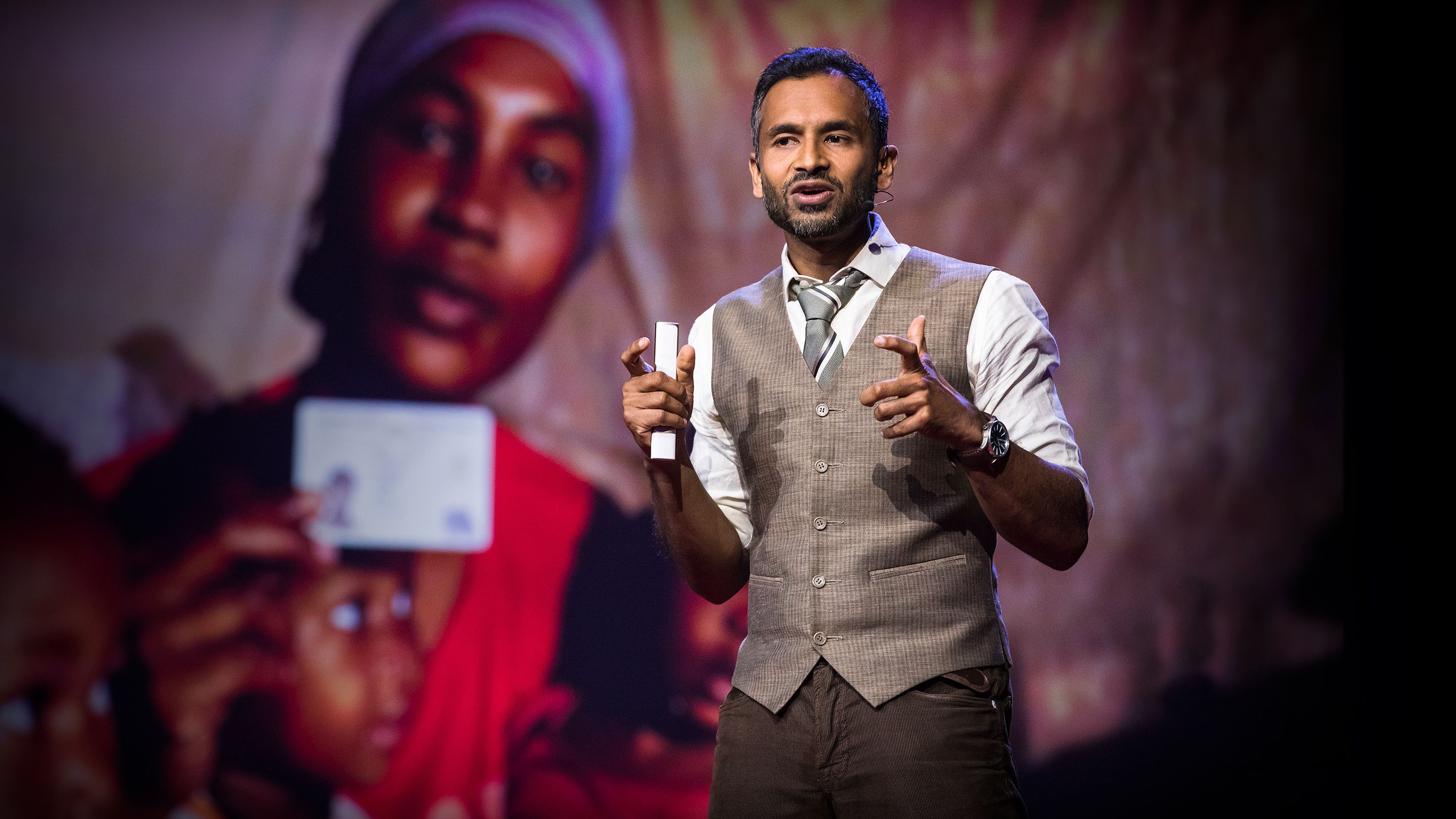Cómo dar el poder de la ley a las personas
1,331,532 views |
Vivek Maru |
TEDGlobal 2017
• August 2017
¿Qué puedes hacer cuando los mecanismos de la justicia no se mueven lo suficiente? ¿O cuando no se mueven en absoluto? Vivek Maru está trabajando para transformar la relación entre las personas y la ley. En lugar de confiar en los abogados, Maru ha iniciado una red global de asistentes jurídicos comunitarios o abogados descalzos, que sirven en sus propias comunidades y descifran la ley en términos simples. Obtenga más información sobre cómo este enfoque innovador para usar la ley ayuda a las personas socialmente excluidas a reclamar sus derechos. "Un poco de empoderamiento legal puede llegar muy lejos", dice Maru.
